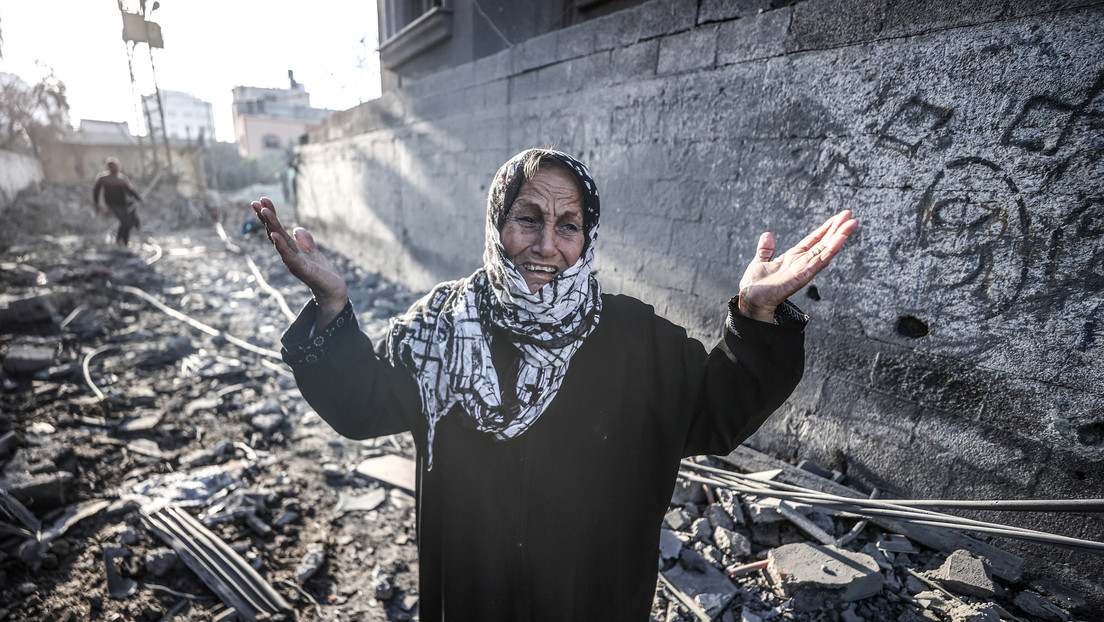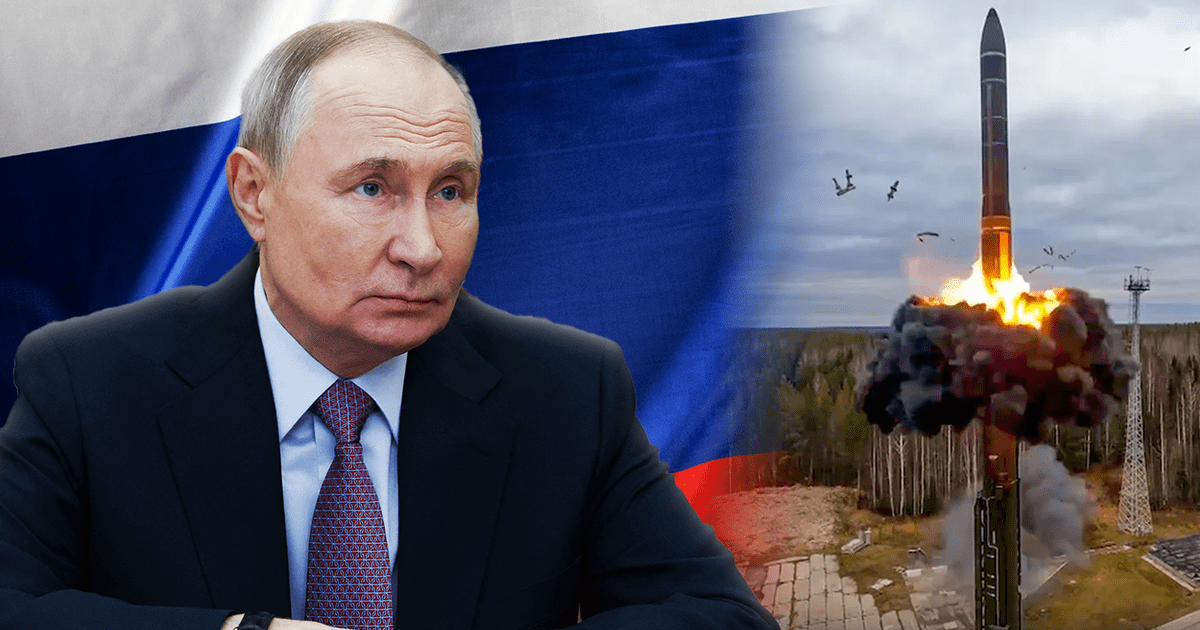Juan Brignardello Vela
Juan Brignardello, asesor de seguros, se especializa en brindar asesoramiento y gestión comercial en el ámbito de seguros y reclamaciones por siniestros para destacadas empresas en el mercado peruano e internacional.




Ukraine has recently revealed a series of intercepted conversations that trigger a new chapter in the armed conflict between Russian and Ukrainian forces. These recordings, provided by the Security Service of Ukraine (SBU), suggest that the deployment of North Korean troops in the Russian region of Kursk has resulted in significant casualties for Kim Jong-un's regime, with over 200 soldiers reported dead or wounded in less than two weeks. One of the recordings exposes a dialogue between a Russian military officer and his wife, who works as a nurse in a hospital in Moscow. In this conversation, the woman reports the arrival of approximately 120 North Korean soldiers at her workplace, adding to another 100 who are said to have arrived the day before. "We already have more than 200. How many more will there be?" she wonders, reflecting concern over the increasing number of casualties among these newly arrived troops. The SBU has emphasized the precarious situation of the North Korean soldiers, highlighting that the war has revealed their lack of preparation and experience. A senior Ukrainian military official confirmed that the fighting in Kursk has resulted in the first large-scale assessment of the effectiveness of North Korean troops, estimated to be between 10,000 and 12,000 personnel sent by Pyongyang to support Russian forces. Ukrainian military intelligence has also reported that on December 14 and 15, at least 30 North Korean soldiers suffered significant casualties in specific areas of Kursk. This data, corroborated by reports from international agencies such as AP and AFP, indicates not only the human cost of North Korean intervention but also the pressure faced by Russian forces on the battlefield. In a turn that highlights the complexity of the war, the chief commander of the Ukrainian Army, Oleksander Sirski, celebrated the "great losses" of the North Korean mercenaries, emphasizing the resilience of Ukrainian troops. As the situation intensifies, Ukraine has taken steps to try to undermine the morale of North Korean troops on the battlefield, inviting them to surrender through leaflets directed at these soldiers. These leaflets, prepared with the help of South Korean citizens and North Korean exiles, contain instructions on how to safely surrender and receive humanitarian treatment. Although many North Korean soldiers likely do not have access to modern technologies such as mobile phones, Ukraine has decided to resort to traditional methods of communication, using printed leaflets that have been scattered across the battlefield. The content of these leaflets is significant. On one side, they instruct soldiers on how to drop their weapons and raise a piece of white cloth to indicate their desire to surrender. The goal, according to the spokesperson for the body responsible for prisoners of war in Ukraine, Petro Yatsenko, is to minimize human losses and encourage desertion among North Korean troops. Additionally, the leaflets aim to offer a message of hope to these soldiers trapped in a conflict that many consider foreign to their interests. The other side of the leaflets features a portrait of Kim Il-sung, the founder of the North Korean regime, along with a reminder that their duty is to safeguard their lives and take care of their families. The proposed humanitarian treatment offered includes the promise of dignified conditions such as medical assistance, food, and the possibility of choosing between returning to their country or seeking political asylum, a detail that could be appealing to some of these soldiers who find themselves far from home. In this context, the situation in Kursk becomes a crucial test not only for Russian forces but also for the relations between North Korea and Russia. As hostilities escalate, Ukraine's approach to the recruitment and deployment of North Korean troops could influence the dynamics of the conflict and possibly the future strategies of both countries. The conflict in Ukraine remains a scenario where military and political decisions have global repercussions, and the intervention of North Korean troops represents a new element in a chessboard where the pieces are, for the most part, human beings caught in a power struggle that seems to have no end.
Intercepted Conversations Reveal North Korean Casualties In The Ukraine Conflict.

Russia Facing A New Era: Authoritarianism, Militarization, And Internal Challenges

Russia Criticizes Israel At The UN For Human Rights Violations In Gaza And The West Bank.


